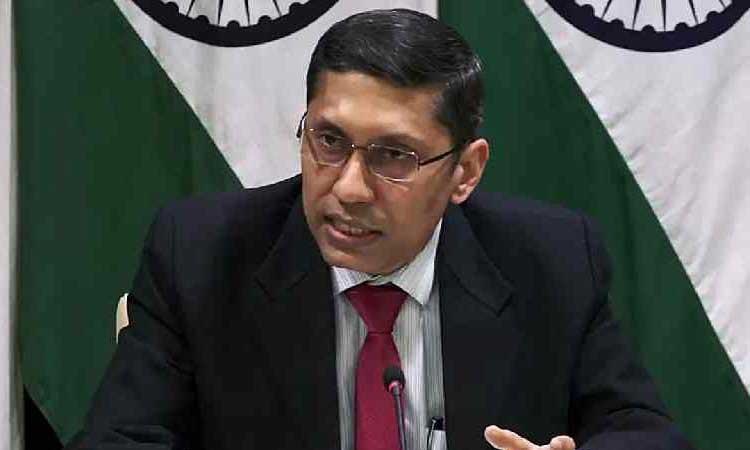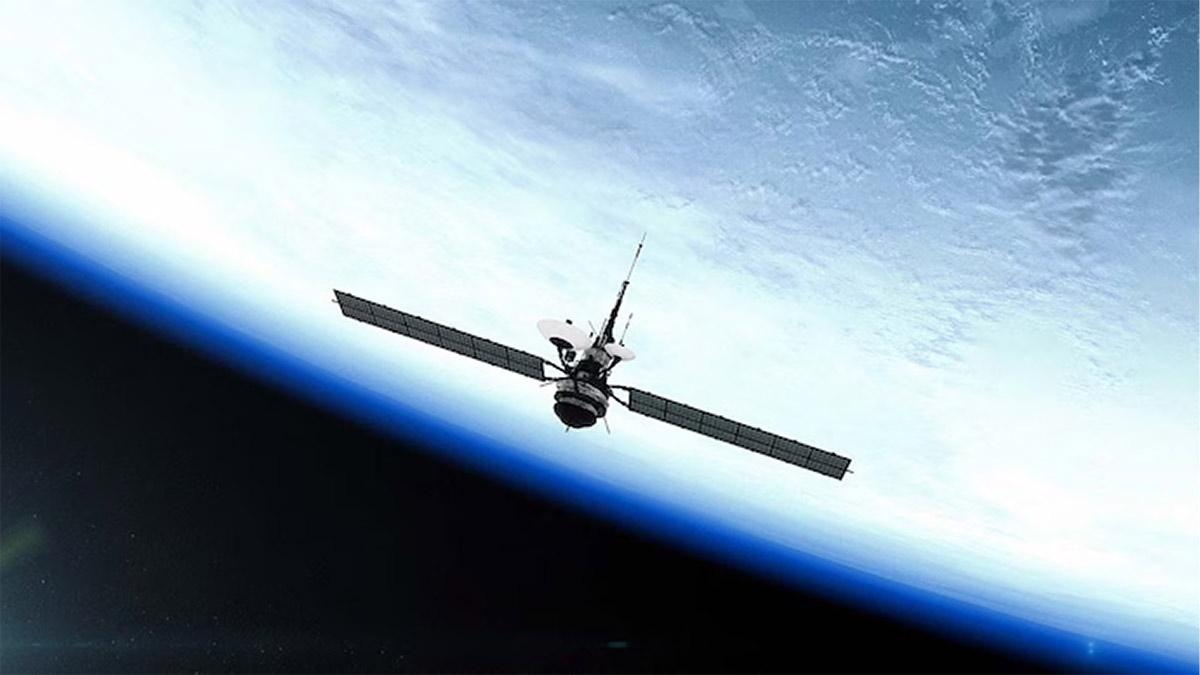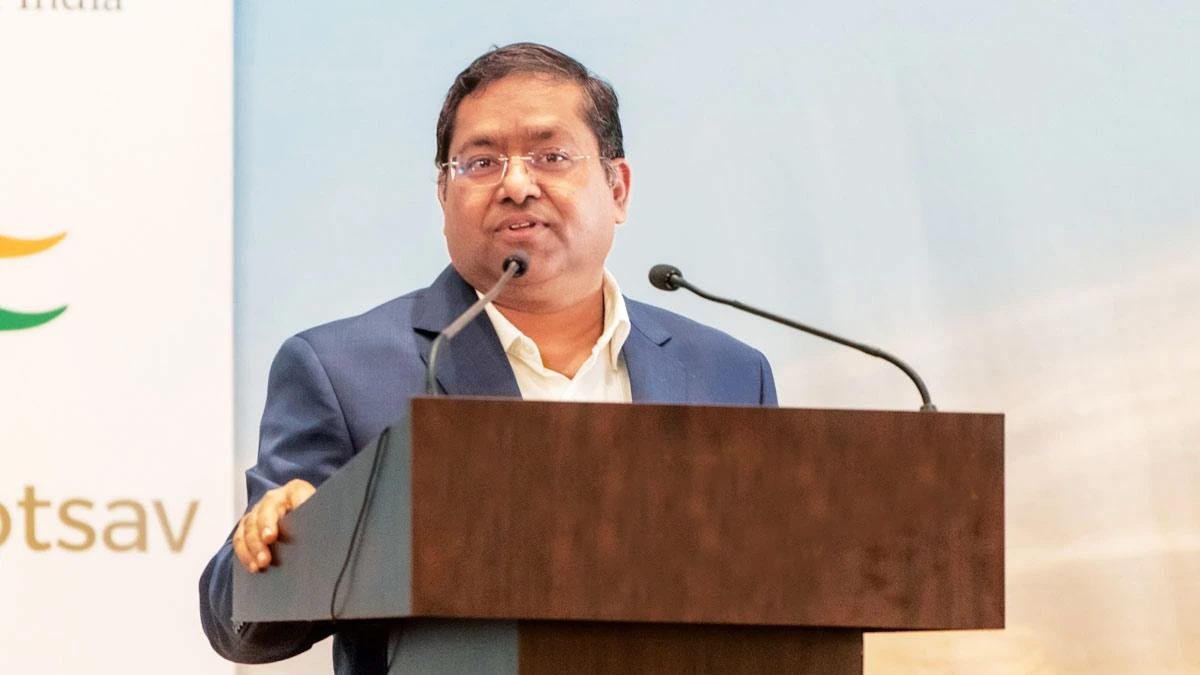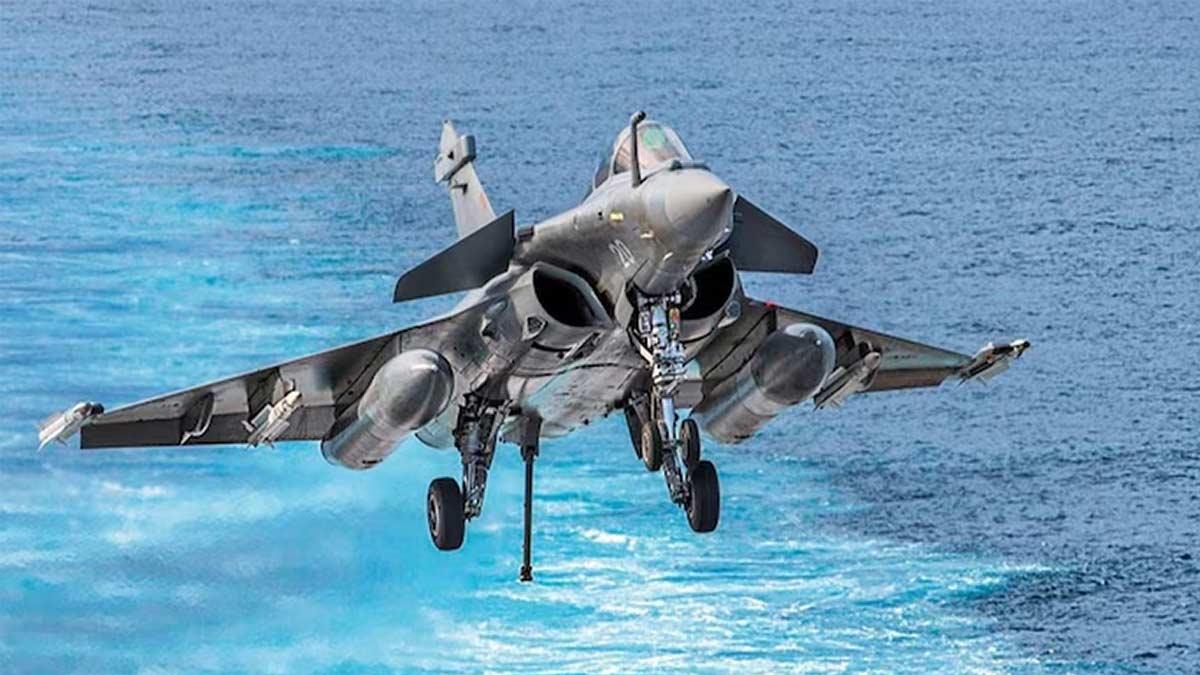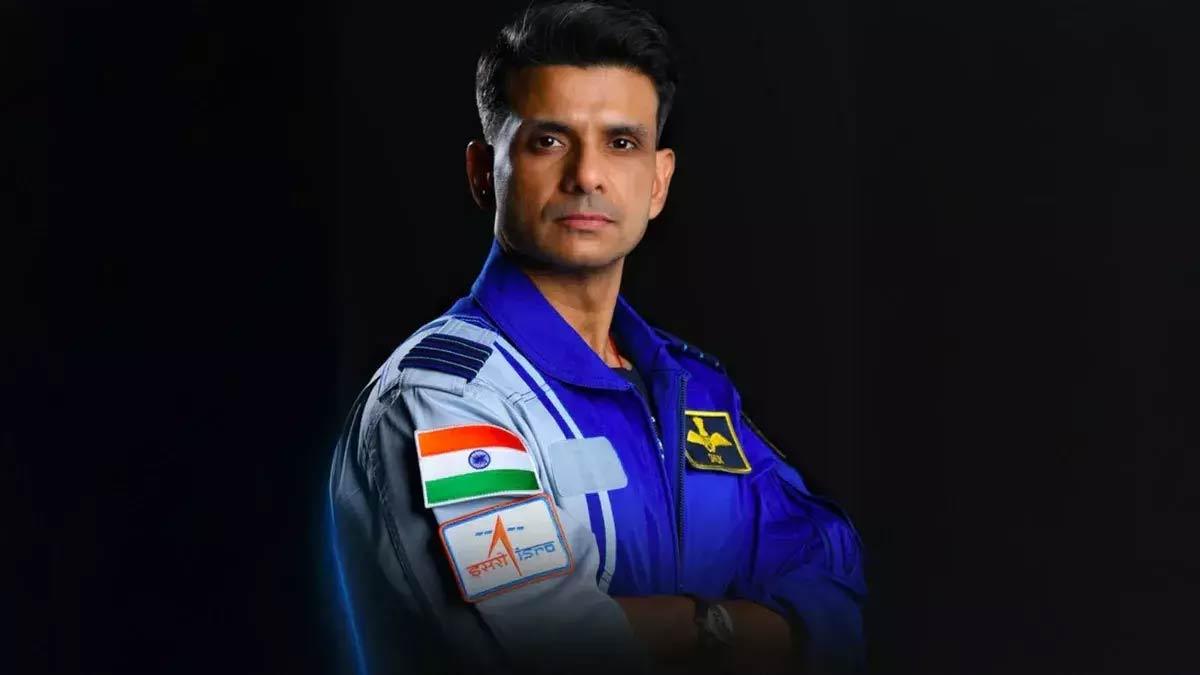India has raised questions over the World Bank's decision to appoint a Court of Arbitration and a neutral expert to resolve the disputes between India and Pakistan over the Kishenganga and Ratle hydroelectric projects in Jammu and Kashmir.
India's External Affairs Ministry Spokesperson, Arindam Bagchi, on Thursday said that the World Bank is not in a position to interpret the treaty between India and Pakistan, the Indus Waters Treaty (IWT) and that there is a provision of a graded approach in the treaty.
"I do not think they (World Bank) are in a position to interpret the treaty for us. It is a treaty between our two countries and our assessment of the treaty is that there is a provision of graded approach," he said.
Also read |SC to hear plea against ban on BBC documentary on Gujarat riots on Friday
India sent a notice to Pakistan last week seeking a review and modification of the IWT follows Pakistan's intransigence in handling disputes.
The World Bank's appointment of the neutral expert and the chair of the Court of Arbitration to resolve the differences over the Kishenganga and Ratle hydroelectric projects, has not been appreciated by New Delhi, which considers the start of the two concurrent processes as a violation of the provision of the graded mechanism prescribed in the pact. India also raised concerns over the possibility of the mechanisms coming out with contradictory judgements.
Under the IWT, any differences between India and Pakistan are required to be resolved through a three-stage approach. However, in the cases of Kishenganga and Ratle hydroelectric projects, the World Bank started two concurrent dispute resolution processes at the insistence of Pakistan, which India considers to be a breach of the IWT.
Also read |India, US eager to seal $3 Billion predator armed drone Deal: Report
India's position on the matter remains unchanged. New Delhi believes that the World Bank's role is procedural and that it appoints neutral experts or the chair of the court of arbitration in case of differences between India and Pakistan on issues relating to cross-border rivers.

